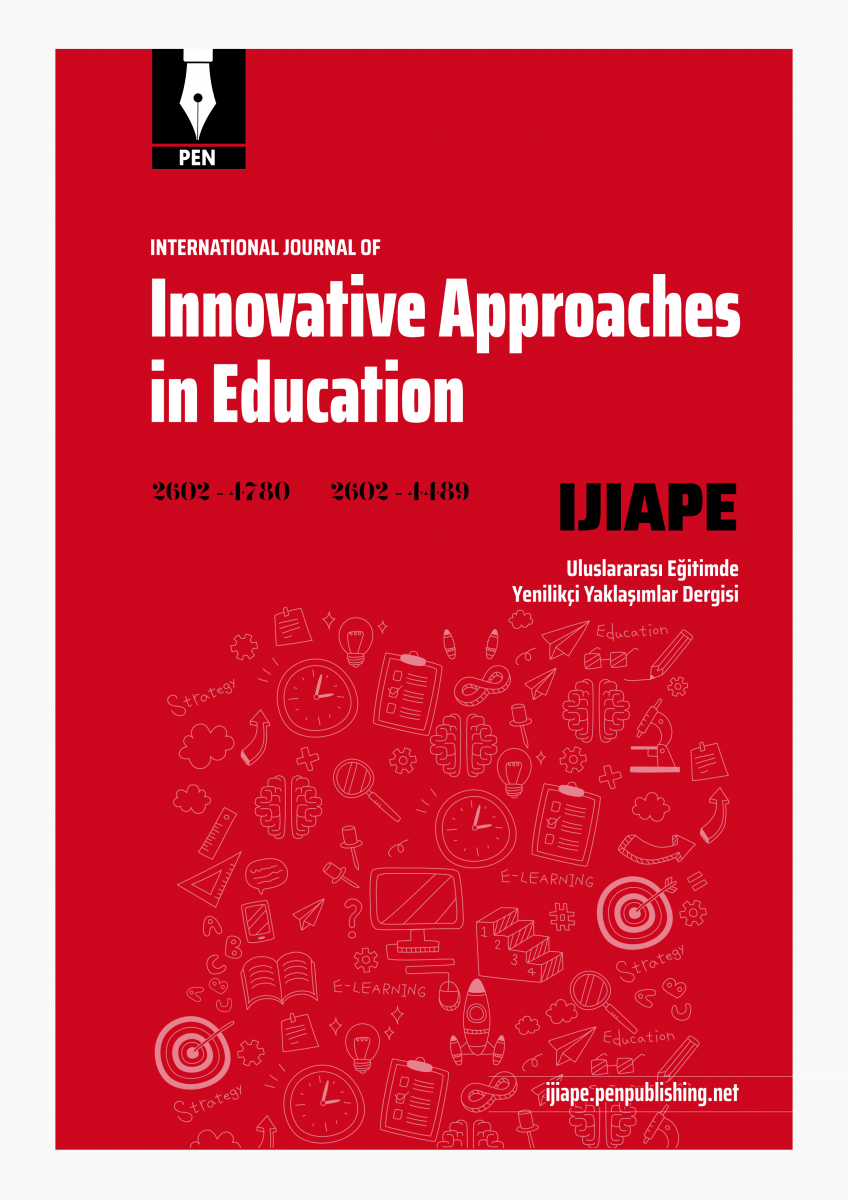Research article | Open Access
International Journal of Innovative Approaches in Education 2018, Vol. 2(1) 1-12
New Challenges and Pedagogical Approaches of Curriculum
pp. 1 - 12 | DOI: https://doi.org/10.29329/ijiape.2018.134.1
Publish Date: March 31, 2018 | Single/Total View: 229/863 | Single/Total Download: 288/1.757
Abstract
From the renaissance to now, many more inventions have been patented in the area of education and curriculum like Over Head Projector, Film Projector, Epidiascope, computer and many more. But a curriculum every time facing challenges of time, place and language when renovated. The teacher has been trying to be skilled every day by filling the generation gap and gap of technology. It was expressed in University Education Commission 1948-49 (also known as Radhakrishnan Commission) that the most important and urgent reform needed in education is to transform it, to endeavour to relate it to the life, needs and aspirations of the people and thereby make it the powerful instrument of social, economic and cultural transformation necessary for the realisation of the national goals. For this purpose, education should be developed to increase, produce, achieve, social and national integration by accelerating the process of modernisation, globalisation and technocrat with cultivating social, moral and spiritual values. Therefore, to fulfil the demand of globalised education, it needs to understand the challenges of the curriculum. This research article emphasises on the new challenges of the curriculum by suggestive pedagogical approaches.
Keywords: Curriculum, Pedagogical Approach, Learning, Challenges, University Education Commission
| How to Cite this Article? |
|---|
|
APA 7th edition Harvard Chicago 16th edition |
| References |
|---|
|

